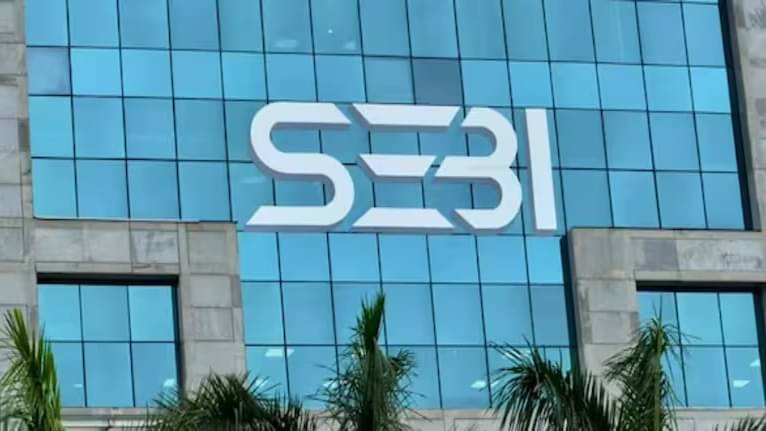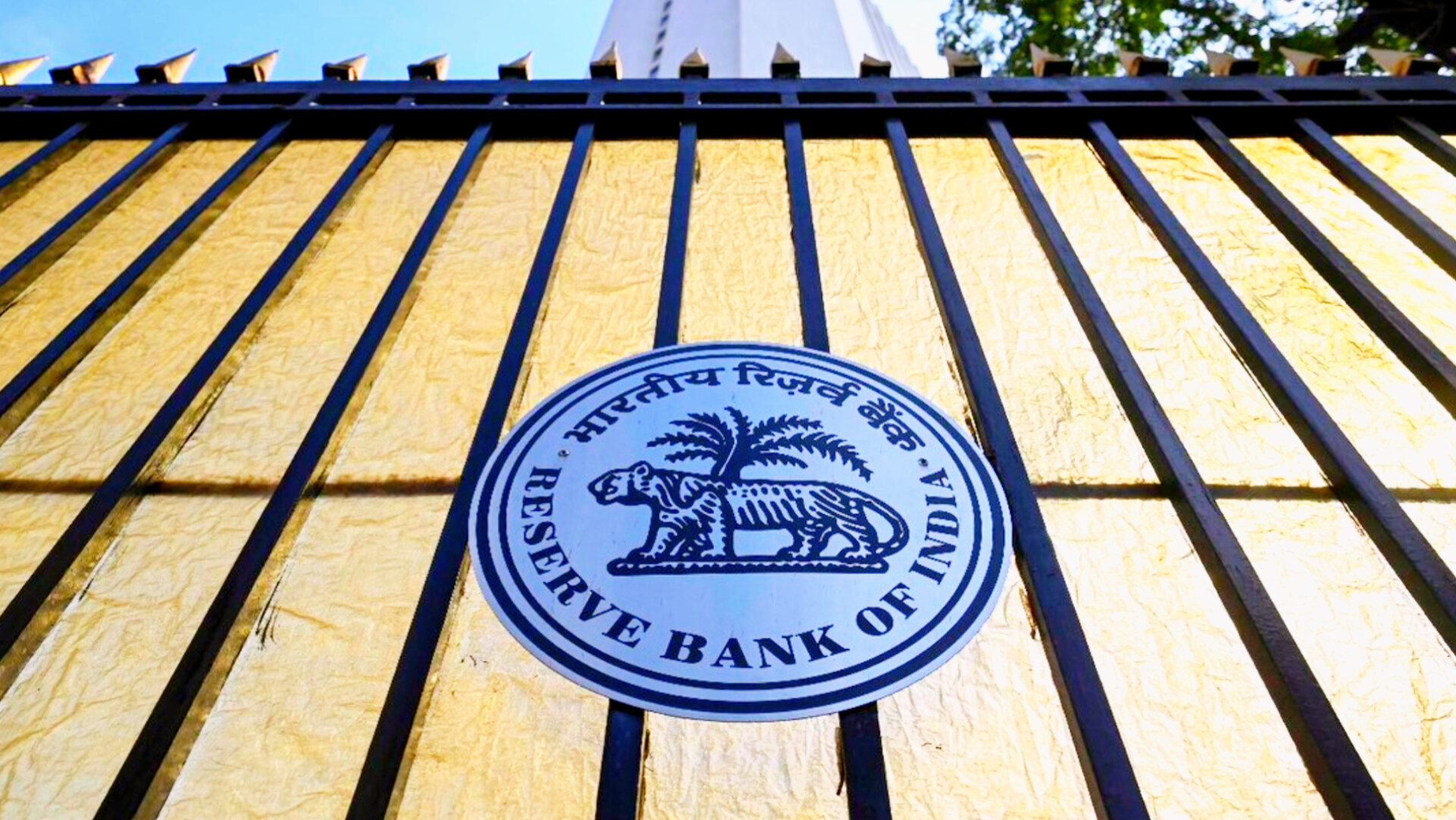
India’s booming startup ecosystem and the growth of small and medium enterprises (SMEs) have led to a sharp rise in SME IPOs. However, this positive trend is now clouded by concerns around fund misuse, opaque disclosures, and regulatory loopholes. At the heart of the debate is a pressing question: Should merchant bankers be allowed to control SME IPO funds?
The Securities and Exchange Board of India (SEBI) has recently issued a series of stringent orders that highlight alarming practices in the SME IPO market. The regulator’s findings point to an emerging risk—where merchant bankers, meant to act as facilitators and watchdogs, may instead be enabling dubious issuers by providing unchecked access to public funds raised through IPOs.
SEBI’s Alarming Discoveries
In its recent crackdown, SEBI uncovered instances where IPO proceeds were diverted for purposes not disclosed in offer documents. In some cases, companies raised money far beyond their genuine requirements. Worse still, the merchant bankers involved failed to exercise due diligence, effectively allowing issuers to operate with little oversight. This has triggered concerns about the systemic role merchant bankers play in SME fundraising and whether current norms offer enough investor protection.
These findings underscore that the checks and balances expected from merchant bankers are often not being enforced. The role of merchant bankers is supposed to extend beyond simply managing the IPO process—they are responsible for thorough vetting of the issuer’s background, financials, and business plans. In several cases, however, SEBI found that this duty was either neglected or compromised.
The Root of the Problem
Unlike mainboard IPOs, SME IPOs operate under relatively relaxed regulatory frameworks. While this ease of access is crucial for small businesses looking to raise capital, it also creates an opening for misuse. For instance, SME IPOs don’t require mandatory grading, and post-listing surveillance is lighter. This creates a fertile ground for unscrupulous promoters to raise capital without facing the same level of scrutiny as larger companies.
What’s more, the escrow mechanism used to safeguard IPO proceeds has, in some cases, been mismanaged. Merchant bankers have been found to release funds to issuers without confirming proper utilization. This effectively puts investor capital at risk, especially retail investors who participate in these IPOs based on the trust built around regulatory systems.
Should Merchant Bankers Be the Custodians?
The current situation raises a critical policy question: Should merchant bankers continue to play the dual role of advisor and gatekeeper of IPO funds? Or should SEBI introduce a more independent fund-monitoring system?
There is a growing argument for increased oversight. Some experts suggest introducing third-party fund utilization agencies or trustees who can independently monitor how IPO proceeds are spent. Others advocate for stricter penal action against merchant bankers who flout disclosure norms or fail in due diligence.
Ultimately, the solution may lie in a hybrid approach—retaining merchant bankers for advisory and underwriting responsibilities while transferring the custody and monitoring of IPO funds to independent entities. This would reduce conflict of interest and enhance investor confidence.
Conclusion
SEBI’s recent orders are a wake-up call for the SME IPO ecosystem. While merchant bankers are essential to the process, their unchecked control over IPO proceeds poses significant risk. To maintain market integrity and protect investors, a more robust regulatory framework—one that enforces accountability and minimizes conflict—is urgently needed. The future of SME funding depends on how effectively SEBI and market participants respond to this challenge.






